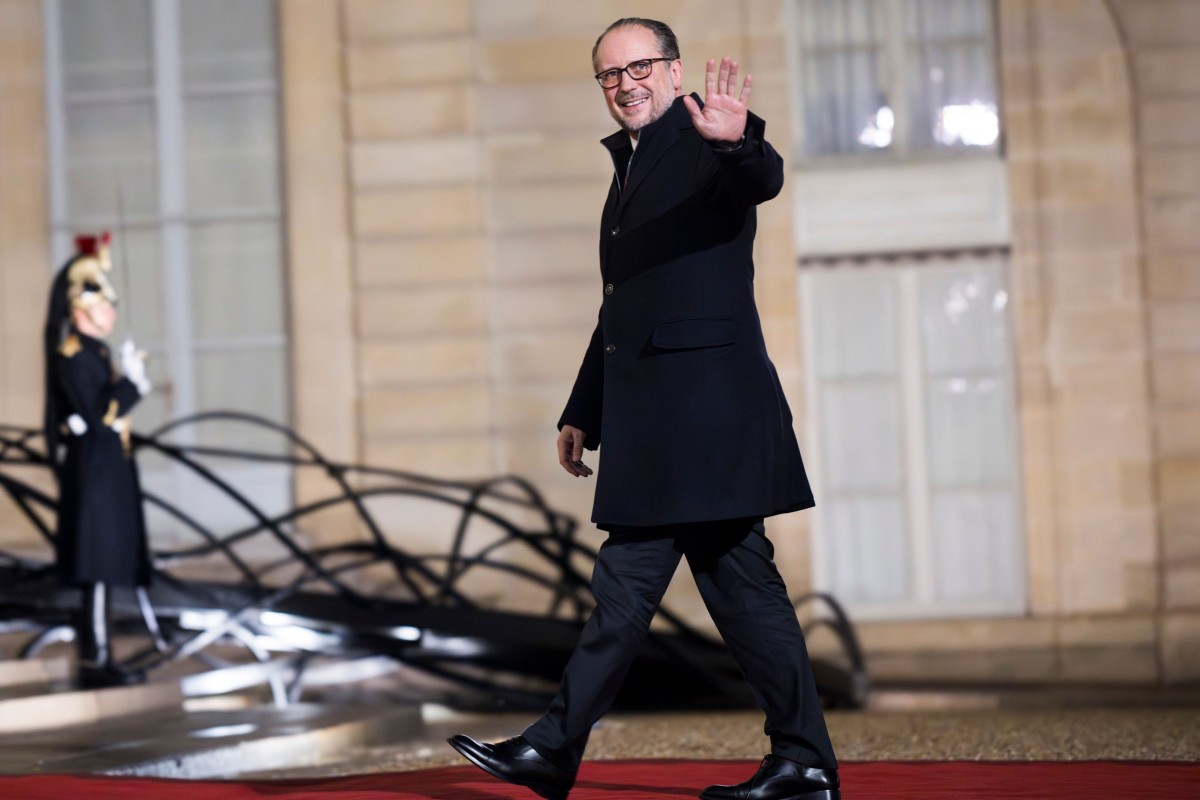Sponsored Content
AI Action Summit in Paris: Strengthening International Cooperation
The Artificial Intelligence Action Summit, held in Paris on February 10 and 11, brought together world leaders, policymakers, and experts to discuss the future of AI. As artificial intelligence continues to shape economies, industries, and societies worldwide, the summit aimed to establish a collaborative and ethical framework for its development. At the invitation of French President Emmanuel Macron, Austrian Chancellor Alexander Schallenberg and State Secretary for Digitalization Claudia Plakolm participated in the discussions.
 Chancellor Alexander Schallenberg and State Secretary Claudia Plakolm attended the AI Action Summit in Paris. / Picture: © Bundeskanzleramt (BKA) / Christopher Dunker
Chancellor Alexander Schallenberg and State Secretary Claudia Plakolm attended the AI Action Summit in Paris. / Picture: © Bundeskanzleramt (BKA) / Christopher Dunker
The Artificial Intelligence Action Summit took place in Paris on February 10 and 11, bringing together world leaders, policymakers, and experts to discuss the future of AI. At the invitation of French President Emmanuel Macron, Austrian Chancellor Alexander Schallenberg and State Secretary for Digitalization Claudia Plakolm attended the event, which focused on creating an ethical and…
or Log In
Fast News Search





